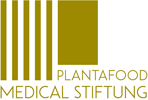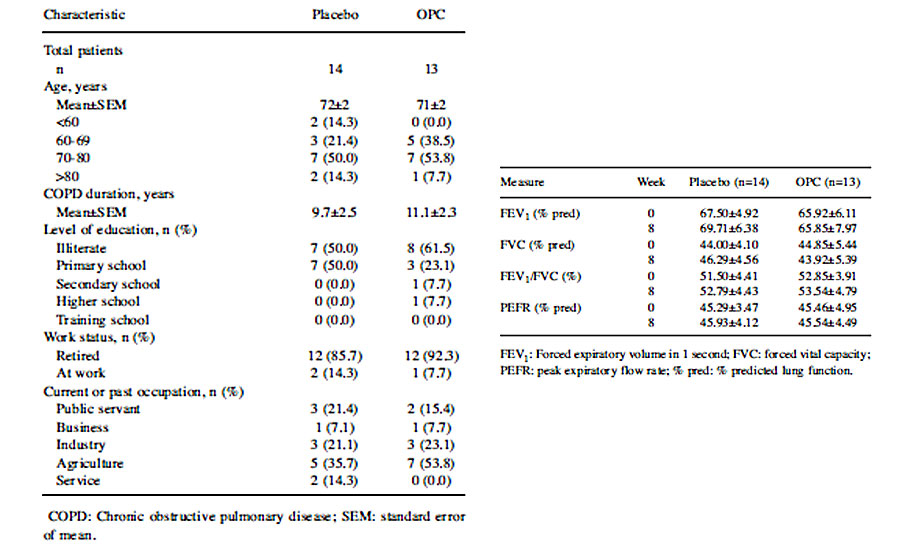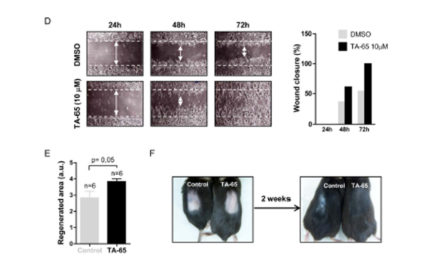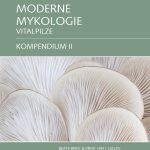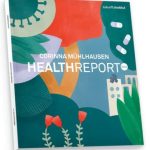Effect of Oligomeric Proanthocyanidin on the Antioxidant Status and Lung Function of Patients with Chronic Obstructive Pulmonary Disease
MENG-CHUN LU 1,2,3, MEI-DUE YANG 2,4,5,6, PING-CHUN LI 4,6, HSIN-YUAN FANG 4,6, HUI-YING HUANG 3, YIN-CHING CHAN 1 and DA-TIAN BAU 5,7*
1 Department of Food and Nutrition, Providence University, Taichung, Taiwan, R.O.C.;
Departments of 2 Clinical Nutrition and 4 Surgery, and 5 Terry Fox Cancer Research Laboratory,
Translational Medicine Research Center, China Medical University Hospital, Taichung, Taiwan, R.O.C.;
Departments of 3 Nutrition and 6 Medicine, China Medical University, Taichung, Taiwan, R.O.C.;
7 Department of Bioinformatics and Medical Engineering, Asia University, Taichung, Taiwan, R.O.C.
*These Authors contributed equally to this study.
Abstract
Background—Background/Aim: Evidence exists that oxidative stress and oxidative damage play a pivotal role in chronic obstructive pulmonary disease (COPD). Oligomeric proanthocyanidins (OPCs) extracted from grape seeds have been shown to exhibit antioxidant capabilities greater than those of vitamin C and E. The objective of this study was to evaluate the effects of OPCs on antioxidant status and lung function in patients with COPD.
Patients and Methods— Patients were supplemented with 150 mg/day OPC (n=13) orally or with a placebo (n=14) for 8 weeks in a randomized double-blind clinical design. Changes in anthropometric values, lung function, oxidative state, and lipid profiles were assessed after OPC or placebo treatment for 8 weeks.
Results— The results showed that OPC supplementation significantly reduced the concentration of malondialdehyde, superoxide dismutase, and total cholesterol (TC)/highdensity lipoprotein cholesterol (HDL-C) ratio. The concentration of HDL-C significantly increased in the OPCtreated group. The plasma triglyceride, TC and low-density lipoprotein cholesterol values and the activities of catalase and glutathione peroxidase also decreased, but did not significantly differ between the OPC- and placebo-treated groups. Lung function was not significantly different between the two groups after 8 weeks.
Conclusion— OPC supplementation was effective in increasing the antioxidant capacity, in addition to improving the lipid profiles in patients with COPD.
Keywords—
Oxidative status, chronic obstructive pulmonary disease, lipid profiles, lung function, oligomeric proanthocyanidin.
